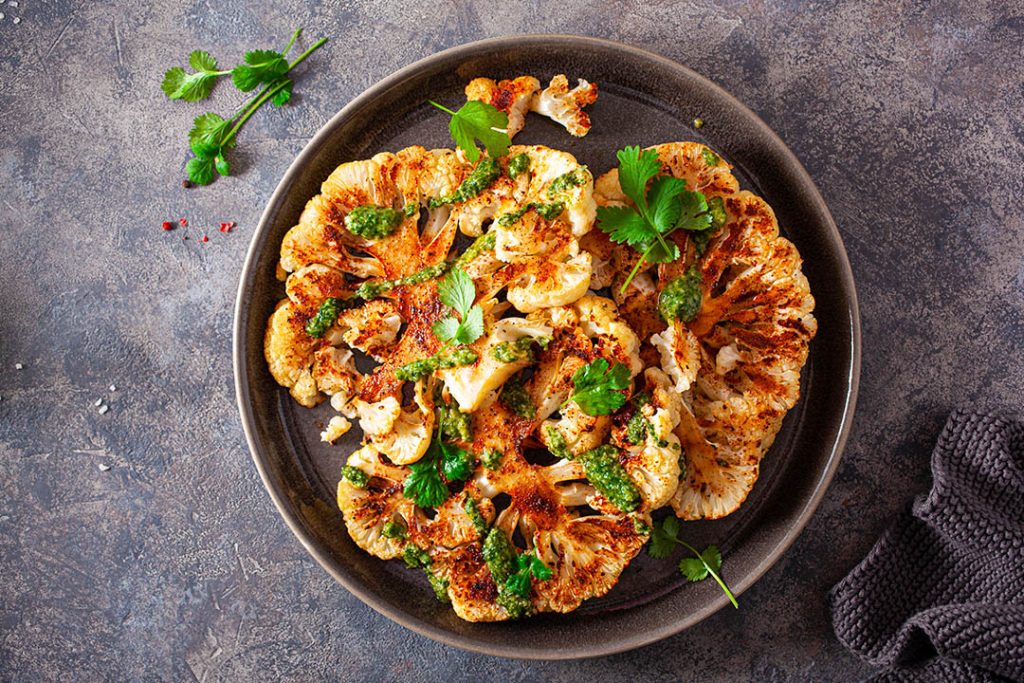
31 Jan The Link Between Fibre and Musculoskeletal Pain
The Link Between Fibre and Musculoskeletal Pain
by Ashleigh Feltham, Accredited Practising Dietitian and Accredited Nutritionist.
Musculoskeletal pain is a complex health problem affecting the musculoskeletal structures of the body. It is defined as recurrent and persistent pain in the muscles, ligaments, tendons, and bones. Areas that are common places of musculoskeletal pain include the shoulders, neck, knees, and back.
There are over 150 different types of musculoskeletal conditions that can cause musculoskeletal pain and is a leading cause of disability. There are several lifestyle factors that can promote or help reduce musculoskeletal pain. One of these lifestyle factors is the energy density of your diet or the number of calories consumed each day.

If you are searching for ways to reduce musculoskeletal pain it may be beneficial to reduce the energy density of your diet. A healthy body weight reduces the amount of long-term or chronic inflammation the body experiences and consequently, can help to reduce musculoskeletal pain.
Looking into the details, a less energy-dense diet including more water and fibre from plant foods appears to be beneficial. Plant foods are a good source of both fibre and water. These include foods like vegetables, fruits, nuts, seeds, legumes and wholegrains. Research also supports the inclusion of low-fat dairy and lean meats to help reduce musculoskeletal pain.
In contrast, diets higher in energy density with more calories than your body needs to maintain a healthy weight is linked to an increased occurrence of musculoskeletal pain. It is not only the calories that make a difference but the types of foods you choose to eat. Foods high in refined carbohydrates, high in total fat, specifically animal fats, processed meats and foods low in fibre and water, are linked to an increased occurrence of musculoskeletal pain.

The reason lies in the gut. It is proposed that these types of foods alter the gut microbiome. This alteration changes the amount and types of microbes living in the gut, promoting inflammation. These microbes send pro-inflammatory messages throughout the body, including musculoskeletal structures.
In addition, this kind of diet lacks antioxidants that help to remove excess free radicals, which cause oxidative stress. A diet rich in plant-based foods helps reduce musculoskeletal pain because of the fibre as well as antioxidants, phytochemicals and vitamins.
To make this an easy adjustment, try to fill half your plate with produce and one-quarter with a source of whole grains such as brown rice, pasta, couscous, oats, or quinoa. In addition, try swapping a meat protein for a plant-based alternative once or twice a week. This can include legumes, beans, nuts, seeds and tofu. Also try to snack on plant food, like a piece of fruit with yoghurt or vegetable sticks with hummus dip.
An adult needs around 25-38g of dietary fibre each day. By structuring your diet to include mostly plant-based foods you will be well on your way to achieving your dietary fibre needs.

Take home message:
A diet that gives your body more calories than it needs to maintain a healthy weight may increase musculoskeletal pain. Eating a diet rich in a variety of whole, plant-based foods is recommended. Increasing the amount of dietary fibre in your diet can help to increase feelings of fullness and keep you satisfied for longer between meals. Overall, this can help to reduce your daily energy intake and may help to reduce musculoskeletal pain.
References:
- Bahrampour N, Rasaei N, Gholami F, Clark CCT. The Association Between Dietary Energy Density and Musculoskeletal Pain in Adult Men and Women. Clin Nutr Res. 2022 Apr 26;11(2):110-119. doi: 10.7762/cnr.2022.11.2.110. PMID: 35559001; PMCID: PMC9065393.
- Elma Ö, Yilmaz ST, Deliens T, Clarys P, Nijs J, Coppieters I, Polli A, Malfliet A. Chronic musculoskeletal pain and nutrition: where are we and where are we heading? PM R 2020;12:1268-78.
- Correa-Rodríguez M, González-Jiménez E, Fernández-Aparicio Á, Luis Gómez-Urquiza J, SchmidtRioValle J, Rueda-Medina B. Dietary energy density is associated with body mass index and fat mass in early adulthood. Clin Nurs Res 2021;30:591-8.
- Yarizadeh H, Setayesh L, Majidi N, Rasaei N, Mehranfar S, Ebrahimi R, Casazzza K, Mirzaei K. Nutrient patterns and their relation to obesity and metabolic syndrome in Iranian overweight and obese adult women. Eat Weight Disord. Forthcoming 2021.
- Towery P, Guffey JS, Doerflein C, Stroup K, Saucedo S, Taylor J. Chronic musculoskeletal pain and function improve with a plant-based diet. Complement Ther Med 2018;40:64-9.
- Brain K, Burrows TL, Bruggink L, Malfliet A, Hayes C, Hodson FJ, Collins CE. Diet and chronic noncancer pain: the state of the art and future directions. J Clin Med 2021;10:5203.
- Andrew M Briggs, BSc(Physio)Hons, PhD, Marita J Cross, BSc (Hons), MPH (Hons), PhD, Damian G Hoy, BAppSc(Physio), MPH, PhD, Lídia Sànchez-Riera, MD, PhD, Fiona M Blyth, BSc (Med), MBBS (Hons), MPH, PhD, FAFPHM, Anthony D Woolf, BSc, MBBS, FRCP, Lyn March, MBBS, MSc, PhD, FAFPHM, FRACP, Musculoskeletal Health Conditions Represent a Global Threat to Healthy Aging: A Report for the 2015 World Health Organization World Report on Ageing and Health, The Gerontologist, Volume 56, Issue Suppl_2, April 2016, Pages S243–S255, https://doi.org/10.1093/geront/gnw002
